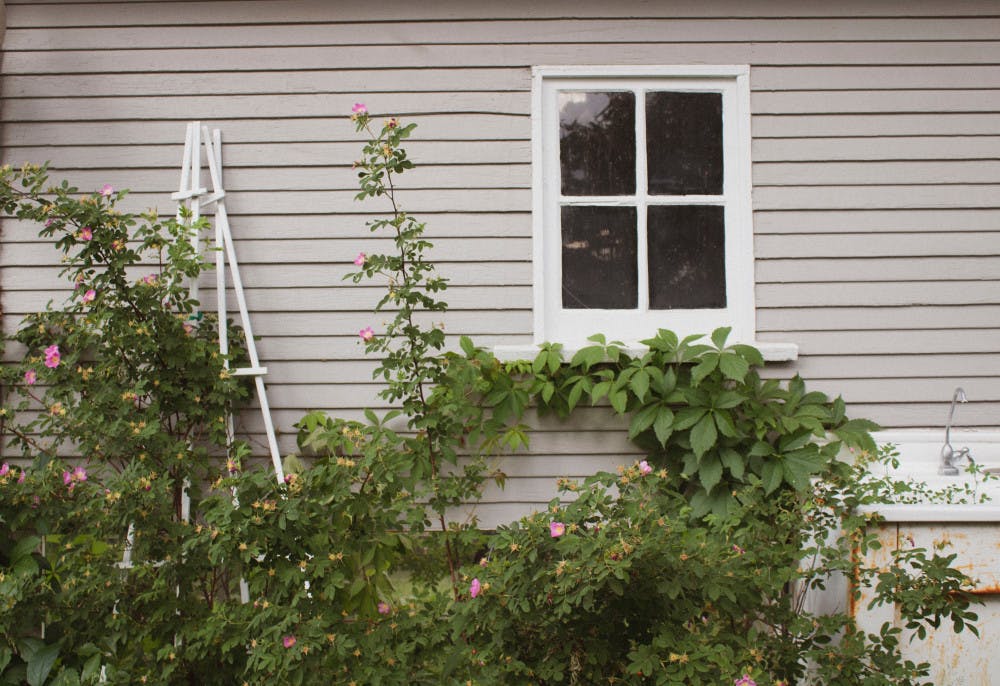They are in your backyard and at the border of your fence, dangerously taking over.
Florida’s warm, humid and subtropical climate is a breeding ground for noxious weeds, non-native plants that disrupt ecosystem functions by causing losses in biodiversity.
UF’s Institute of Food and Agricultural Sciences is combating some of the issues invasive species cause with its Sept. 11 publication “Lost in The Weeds?: A Comprehensive Guide to Florida’s Many Non-Native Plant Lists” by Deah Lieurance and Lyn Gettys, an associate professor of agronomy with a focus on aquatic and wetland plants science.
It includes all the information homeowners may need when making an addition to their garden to ensure they are not introducing plants into natural areas that could negatively impact the environment, said Deah Lieurance, an invasion ecologist and assistant extension scientist at IFAS.
“We try to be as transparent as possible and provide a list that you can sort on our website by plant type, origin, conclusion type and whether or not it’s at risk of invasion,” she said.
Nicole Barbieri, the coordinator of the Gainesville Greenway Challenge, a year-round event that handles invasive species in nature parks around the city of Gainesville, said the events educate about the impacts of invasive species and reduce the effects of their population.
“With most invasive, non-native species, the reason why they’re so harmful is because they have no native predators,” she said. “There is nothing here to control it.”
Suppliers and buyers have a shared responsibility to keep invasive species out of the natural environment, said Gina Hawkins, the executive director of Keep Alachua County Beautiful.
“If people are selling a product, they should have some understanding of the implications of that product,” Hawkins said.
The list covered in their guide is just one way of educating the public on how to halt the introduction of invasive species to begin with, but invasive species will never be gone, Lieurance said.
“The work that we are doing here at the university can get invasive species down to a level where we can still enjoy our natural areas and ecosystem function,” Lieurance said.






